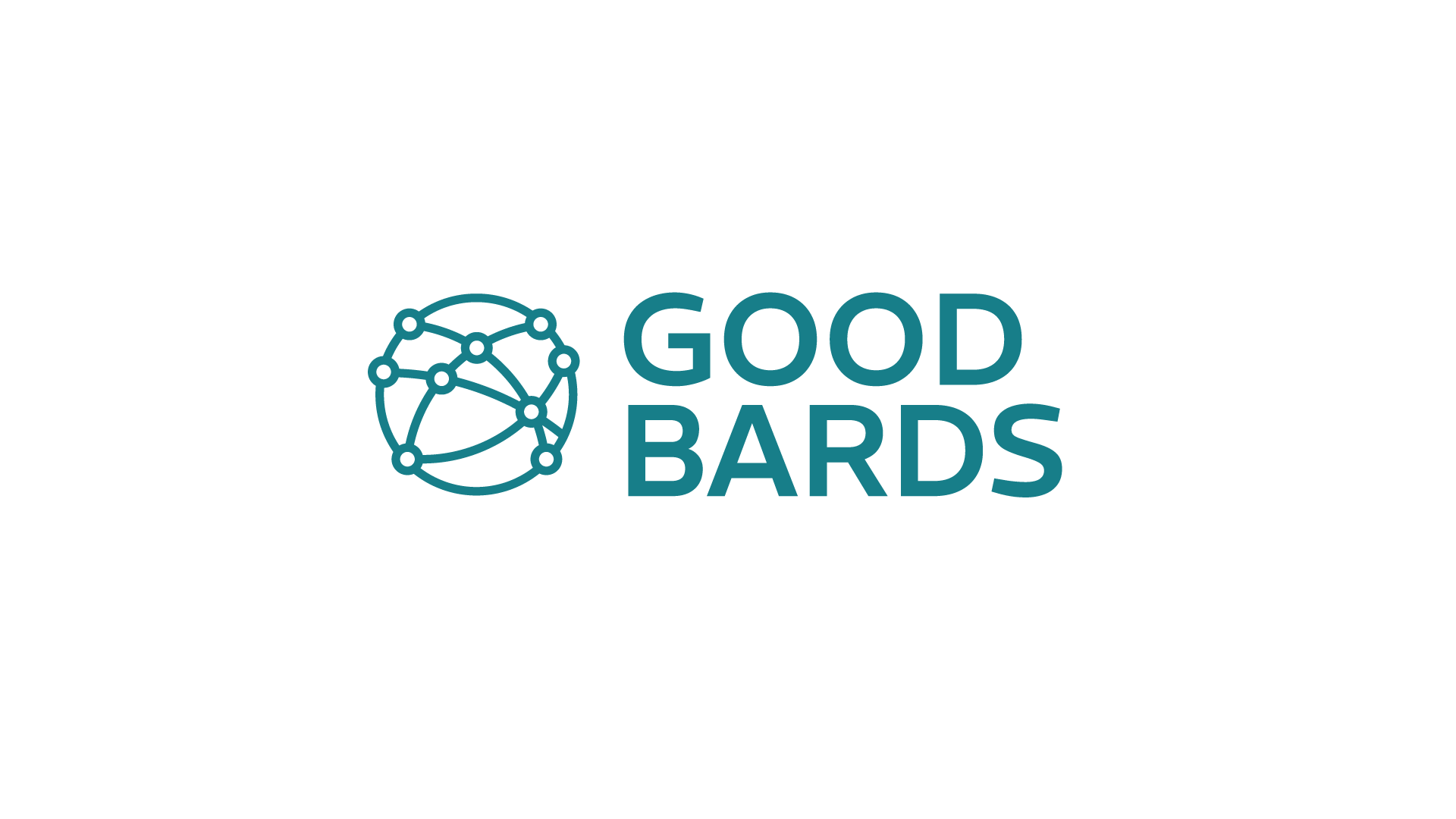Roles & Responsibilities
The Role will assume the following scope of responsibilities:
1. Onboarding and Implementation
Customer Onboarding: Facilitate a smooth transition from sales to product usage, ensuring customers are well-acquainted with the software.
Implementation Support: Work closely with the customer's team to ensure successful deployment of the software, providing guidance on best practices.
2. Customer Relationship Management
Build Relationships: Establish and maintain strong relationships with key stakeholders within the customer's organization.
Regular Check-ins: Schedule regular meetings to review progress, address any concerns, and ensure that the customer is on track to achieve their goals.
3. Product Adoption and Utilization
Usage Monitoring: Monitor customer usage of the software to ensure they are utilizing it effectively and to its full potential.
Training and Education: Provide ongoing training sessions, webinars, and resources to help customers maximize their use of the software.
4. Customer Advocacy
Voice of the Customer: Act as the advocate for the customer within the company, relaying feedback and suggestions to the product and development teams.
Custom Solutions: Work with internal teams to develop tailored solutions that meet the specific needs of the customer.
5. Proactive Support and Problem Solving
Issue Resolution: Assist customers in troubleshooting and resolving any issues that arise with the software.
Proactive Communication: Anticipate potential challenges and reach out proactively to address them before they become significant problems.
6. Renewal and Expansion
Renewal Management: Work to ensure customer satisfaction and alignment with business goals to secure contract renewals.
Upselling and Cross-selling: Identify opportunities for expanding the customer’s use of the software, including the adoption of new features or additional products.
7. Performance Metrics and Reporting
Track Success Metrics: Measure and report on key performance indicators (KPIs) related to customer success, such as customer satisfaction, retention rates, and product usage.
Customer Health Score: Develop and maintain a customer health score to identify at-risk customers and intervene as necessary.
8. Strategic Advisory
Strategic Planning: Collaborate with customers to align the software's capabilities with their strategic goals, ensuring the technology supports their broader business objectives.
Industry Insights: Provide insights into industry trends and how the software can be leveraged to stay competitive.
9. Collaboration with Internal Teams
Sales Team Collaboration: Work closely with the sales team to ensure a smooth handoff and alignment of customer expectations.
Product Development Input: Provide feedback to the product team on customer needs and areas for improvement or new features.
10. Customer Feedback and Continuous Improvement
Feedback Collection: Gather feedback from customers to understand their needs, challenges, and satisfaction levels.
Continuous Improvement: Use customer feedback to drive continuous improvements in both the product and the customer success process.
These responsibilities aim to ensure that customers derive maximum value from the enterprise software, leading to high satisfaction, retention, and potential for growth in the customer relationship.
The Customer Success Manager may be called upon to undertake additional duties as reasonably required by the company.
Objectives/Outcomes
Technical Skills:
1. Software Architecture: Understand high-level software architecture, including deployment models (on-premises, cloud, hybrid).
2. Enterprise Technology Ecosystems: Familiarity with enterprise software solutions (MarTech, CDP, CRM) and integration methods (APIs).
3. Technical Troubleshooting: Skills in diagnosing technical issues, with basic scripting and querying knowledge (e.g., Python, SQL).
4. Product Expertise: Deep understanding of the specific software, including configuration, customization, and best practices.
5. Data Management: Knowledge of data handling, security, privacy, and basic data analysis.
Requirements
1. Communication: Clear communication and active listening to understand and convey complex concepts.
2. Problem-Solving: Analytical and creative thinking to quickly resolve issues.
3. Relationship Management: Building trust, empathy, and a strong customer focus.
4. Technical Aptitude: Quick learning and comfort with technology to effectively support customers.
5. Project Management: Strong organizational and time management skills.
6. Negotiation and Influence: Persuasion and conflict resolution to guide customer decisions.
7. Strategic Thinking: Aligning software solutions with customer business goals.
8. Adaptability: Flexibility and resilience in changing environments.
9. Collaboration: Effective teamwork and cross-functional communication.
10. Customer Advocacy: Championing customer needs within the organization.
These skills enable a CSM to foster customer satisfaction, ensure successful software adoption, and maintain lasting relationships.





